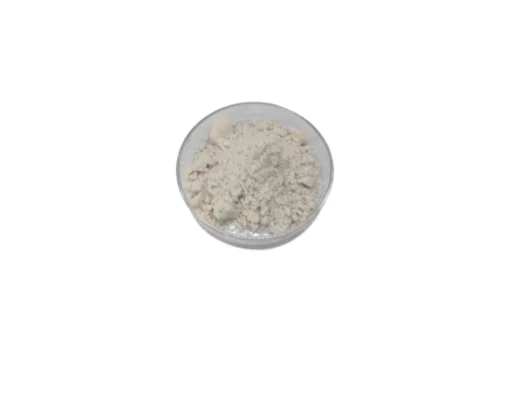- This topic is empty.
-
AuthorPosts
-
07/08/2024 at 16:40 #84663
Glycation is a chemical process that occurs when sugars react with proteins or lipids, resulting in the formation of advanced glycation end products (AGEs). These AGEs have been linked to various diseases, including diabetes, Alzheimer's, and cardiovascular disease. In the pharmaceutical industry, glycation can also have a significant impact on the quality and efficacy of drugs. In this blog post, Viablife will explore the importance of anti-glycation in the pharmaceutical industry, with a focus on the key intermediate tyramine for sale.
Tyramine is a naturally occurring monoamine compound used as a key intermediate in the synthesis of various drugs, including antidepressants, antihypertensives, and anti-inflammatory drugs. However, tyramine is also highly susceptible to glycosylation, which can lead to the formation of unwanted impurities and reduce the potency of the final drug product.
Anti-glycation strategies are therefore critical in the pharmaceutical industry to ensure the quality and efficacy of drugs. In the case of tyramine, several anti-glycation strategies have been developed to prevent or reduce glycation during the synthesis process.
One such strategy is the use of glycation inhibitors. These inhibitors work by blocking the chemical reaction between sugars and proteins or lipids, thereby preventing the formation of AGEs. In the case of tyramine, several glycation inhibitors have been tested, including aminoguanidine, pyridoxamine, and carnosine. These inhibitors have been shown to effectively reduce glycation and improve the quality of the final drug product.
Another anti-glycation strategy is the use of antioxidants. Antioxidants work by neutralizing free radicals, which are highly reactive molecules that can cause oxidative damage to proteins and lipids, leading to glycation. In the case of tyramine, several antioxidants have been tested, including vitamin C, vitamin E, and alpha-lipoic acid. These antioxidants have been shown to effectively reduce glycation and improve the quality of the final drug product.
In addition to glycation inhibitors and antioxidants, other anti-glycation strategies have also been developed, including the use of chelating agents, which work by binding to metal ions that can catalyze glycation reactions, and the use of enzymes that can break down AGEs.

The importance of anti-glycation in the pharmaceutical industry cannot be overstated. Glycation can have a significant impact on the quality and efficacy of drugs, and therefore, anti-glycation strategies must be employed to ensure the safety and effectiveness of pharmaceutical products.
In conclusion, anti-glycation is a critical aspect of drug development in the pharmaceutical industry. Glycation can have a significant impact on the quality and efficacy of drugs, and therefore, anti-glycation strategies must be employed to ensure the safety and effectiveness of pharmaceutical products.
In the case of tyramine, several anti-glycation strategies have been developed, including the use of glycation inhibitors, antioxidants, chelating agents, and enzymes. These strategies have been shown to effectively reduce glycation and improve the quality of the final drug product.
As the pharmaceutical industry continues to develop new drugs, anti-glycation strategies will remain an essential aspect of drug development. By employing these strategies, we can ensure the safety and effectiveness of pharmaceutical products and improve the lives of patients around the world.
Why choose Viablife's Tyramine?
Viablife' s tyramine is a pure, snow-white powder with uniform particle size. The synthesis process of our tyramine is a biosynthetic process, with higher purity and fewer impurities. Our tyramine uses a uniform particle size to strictly control the particle size, making the tyramine particle size more uniform and with better fluidity. Welcome to inquire about our pharmaceutical intermediates, we look forward to further cooperation with you!
Related products:
http://www.viablife.net
Viablife -
AuthorPosts
- You must be logged in to reply to this topic.